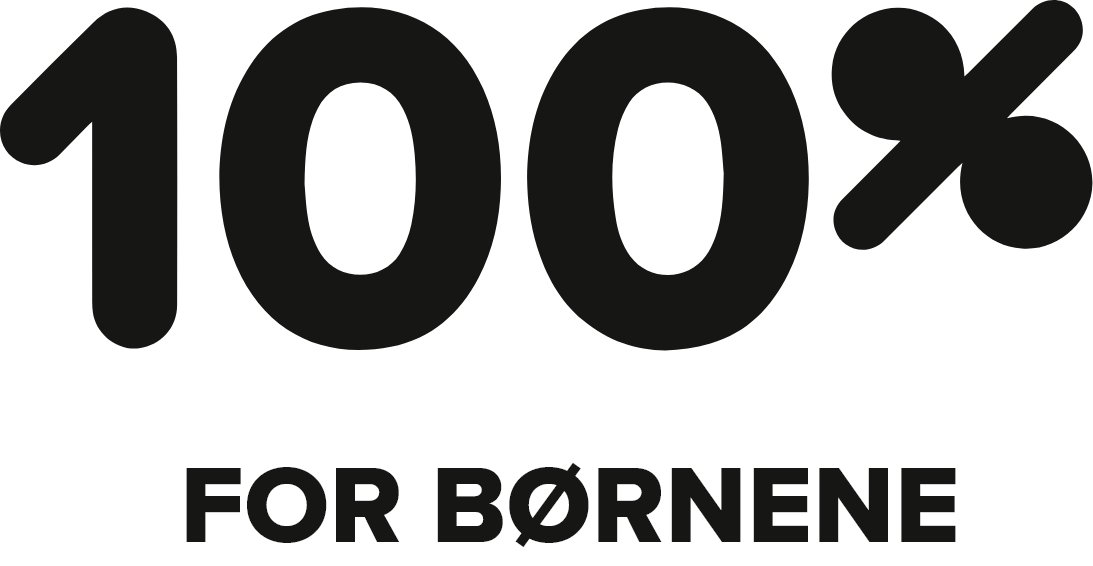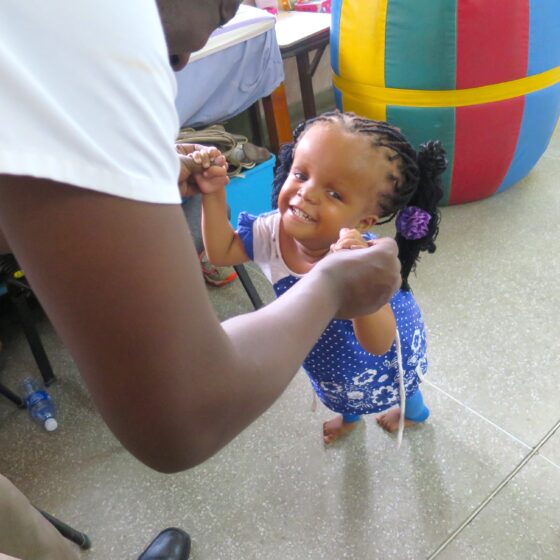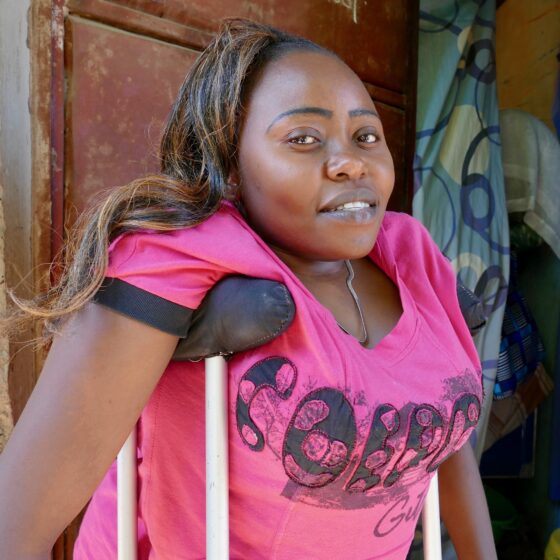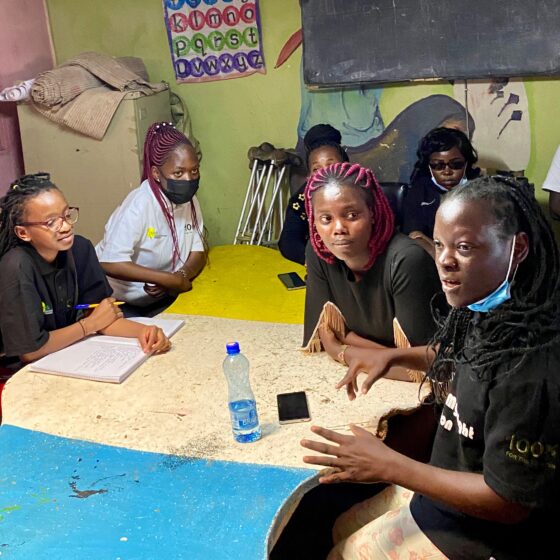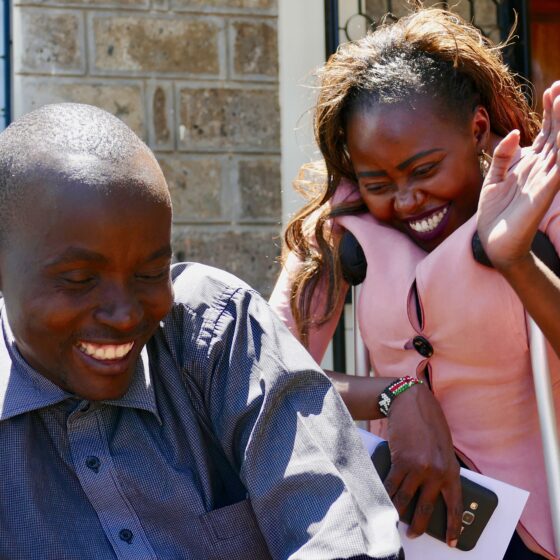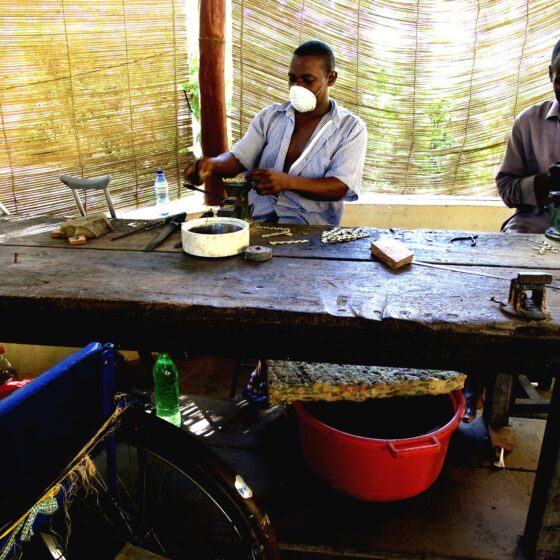Together with our collaborators, we know that children and young people actively can create a future full of opportunities, if they get the right support.
Health: We have developed "Breaking the Silence" (BTS) as an approach that is now a central part of our health programs, designed to break taboos around sexual and reproductive health. The model educates teachers and young ambassadors to create safe environments where children and youth can learn about their sexual rights and health. In 2023, 98 teachers in Kenya were trained to address these sensitive topics in classrooms, making them more comfortable discussing sexuality and reproductive rights.
In our work with BTS, we have identified the need for better access to water, sanitation, and hygiene (WASH); needs that will only grow in the areas where we operate. Therefore, improving sanitary facilities and educating on proper hand hygiene are part of our health programs. In 2023, 2,020 young people in Ghana experienced improved sanitation and hygiene conditions, and 80% of the participating communities reported greater use of sanitary facilities and better hand hygiene. Additionally, 5,000 girls in Ghana were trained in menstrual hygiene.
Access to reusable menstrual products is an important part of our work in health. Through the distribution of reusable menstrual products and training in their use, our programs have reduced school absenteeism among girls, which is often caused by menstruation. By 2027, we aim to ensure that up to 40,000 girls have access to menstrual products and training, leading to a significant reduction in their school absenteeism. This initiative is part of a broader effort to ensure that girls can continue their education without interruption.
Child protection: 100% for Children's approach to child protection involves comprehensive safeguarding and risk mapping. Here, we identify and assess potential risks to children's protection in various environments, including schools, shopping areas, and homes. We work closely with local partners to map these risks and develop strategies to minimize them. In 2023, this approach contributed to creating safe learning environments where children can thrive without fear of abuse or exploitation. Additionally, we train teachers, local leaders, and young ambassadors to identify signs of abuse and implement effective protective measures. In 2023, 10 staff members from partner organizations in Kenya and Ghana were trained in child protection mechanisms, enabling them to create “safe spaces” both in schools and within their organizational work environments.
Establishing and scaling child protection networks is crucial for strengthening the protection of children across different regions. Therefore, we are co-founders of The Danish Child Protection Network. In Kenya, we co-founded the Kenyan Child Protection Network, which serves as a unifying platform for civil society organizations, line ministries, and relevant national public authorities. This network coordinates efforts related to the ongoing National Care Reform in Kenya.
Education: We use a peer-to-peer approach to promote education. Older students are trained to mentor and support their peers in both academic and personal matters. This method has proven particularly effective, as students are often more receptive to advice and guidance from their peers. This approach has been especially evident in girls' clubs in Ghana, where older girls help younger ones navigate their schooling and personal challenges.
Training teachers is a cornerstone of 100% for the Children's work to improve the quality of education. We conduct comprehensive training programs for teachers, focusing on inclusive, creative teaching methods and pedagogies that prioritize children's voices and critical thinking. For example, in 2023, 90 teachers in Kenya were trained to break the silence around sexuality and reproductive rights, making them better equipped to handle these topics in the classroom. Additionally, we develop creative materials as part of the school curriculum.
